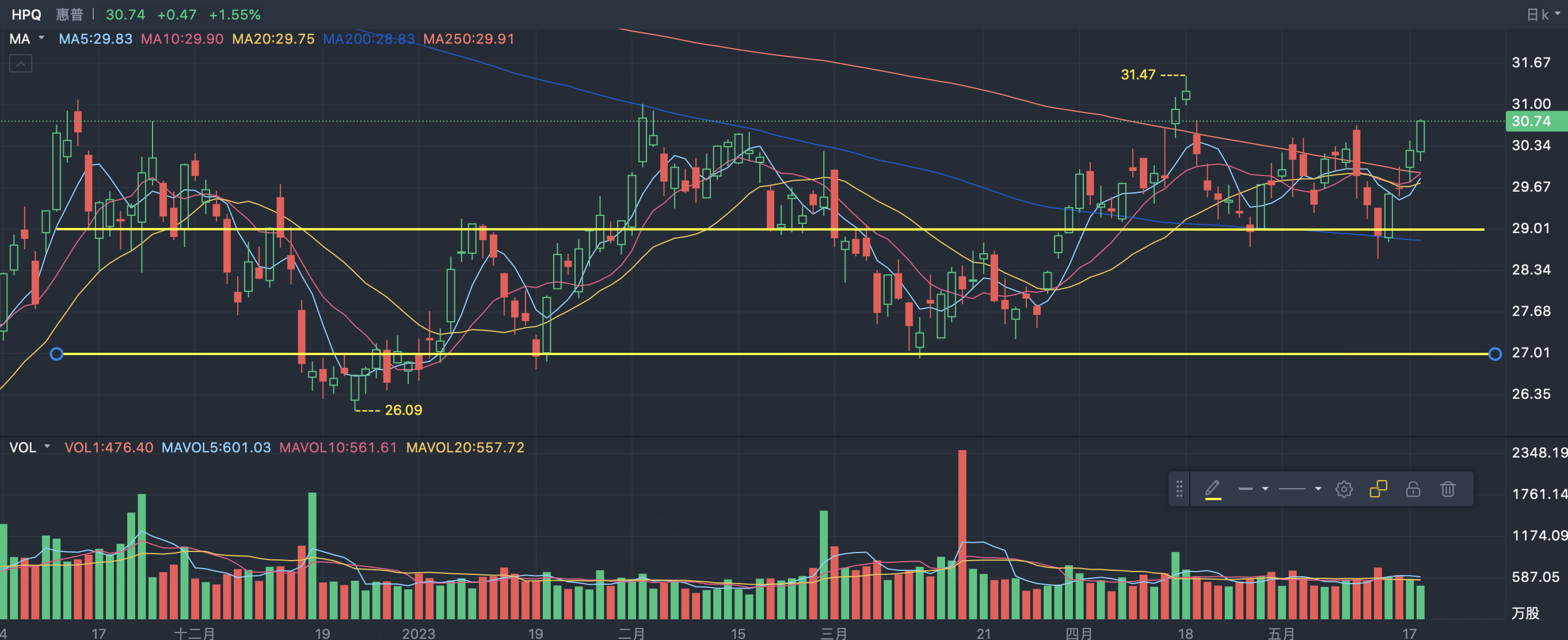A bull spread consists of a buy leg and a sell leg of different strikes for the same expiration and same underlying contract.
This strategy will pay off in a rising market, also known as a bull market, that is why it is referred to as a bull spread.
Bull spreads can be constructed from either going long a call spread or going short a put spread.
Put Bull Spreads
Bull spreads can be constructed from selling a put spread.
Selling a put allows you to collect a premium that you can keep if the underlying futures contract finishes at or above the strike price.
A trader believes that the market will have a moderate rise before the options expire. If the underlying market was trading at 100, we can sell the 110-105 put spread. This would entail selling the 110 puts and buying the 105 puts which would result in a $4 credit with the underlying future trading at 100
The breakeven point for the spread is 106, the 110 strike minus the spread credit of $4. This is the same breakeven point as the call bull spread.
If the market finishes above 110, the puts expire worthless. Therefore, the trader keeps the $4 he received by selling the put.
If the market finishes at 103, the 110 put is worth $7 and the 105 put is worth $2. Therefore, the put spread is worth $5 dollars. The trader received $4, and must now payout $5, resulting in a $1 loss.
If the market finishes at 107.5, the 110 put is worth $2.50 and the 105 put expires worthless. The trader must pay out $2.50 from his $4 credit. Resulting in a $1.50 profit.
We can see in this chart, that these three scenarios have the same outcome whether we buy a call spread or sell a put spread to create a bullish position. Traders still want the market to finish above the high strike of the spread.
Example
Take Berkshire's stake in $HP Inc(HPQ)$ . In its latest 13F disclosure, Berkshire increased its stake in HP by 16%. Buffett's Berkshire Hathaway now owns 12 percent of HP's outstanding shares, making it one of Berkshire Hathaway's 10 largest holdings.
HP trades at just 8.8 times forward earnings, a steep discount to the S&P 500's 18.7 times, and has a price-to-sales ratio of just 0.5 over the past 12 months. As a value stock, HP is cheap and lacks exciting growth prospects, but its price is stable and its range is well-defined, making it suitable for spread trading.
Select the price range of $29 to $27 according to the 250 moving average to conduct spread strategy trading:
As shown in the figure, if the stock price reaches more than $28.73 on June 9, it will be profitable, and the portfolio with the stock price above $30 will gain the maximum profit of $27. After the option portfolio is formed, the estimated margin is only $200.

Comments
$HPQ 20230609 29.0 PUT NULL$ $HPQ 20230609 29.0 PUT NULL$ $HPQ 20230609 29.0 PUT NULL$ $HPQ 20230609 29.0 PUT NULL$ $HPQ 20230609 29.0 PUT NULL$
这篇文章不错,转发给大家看看
Great ariticle, would you like to share it?
Great ariticle, would you like to share it?